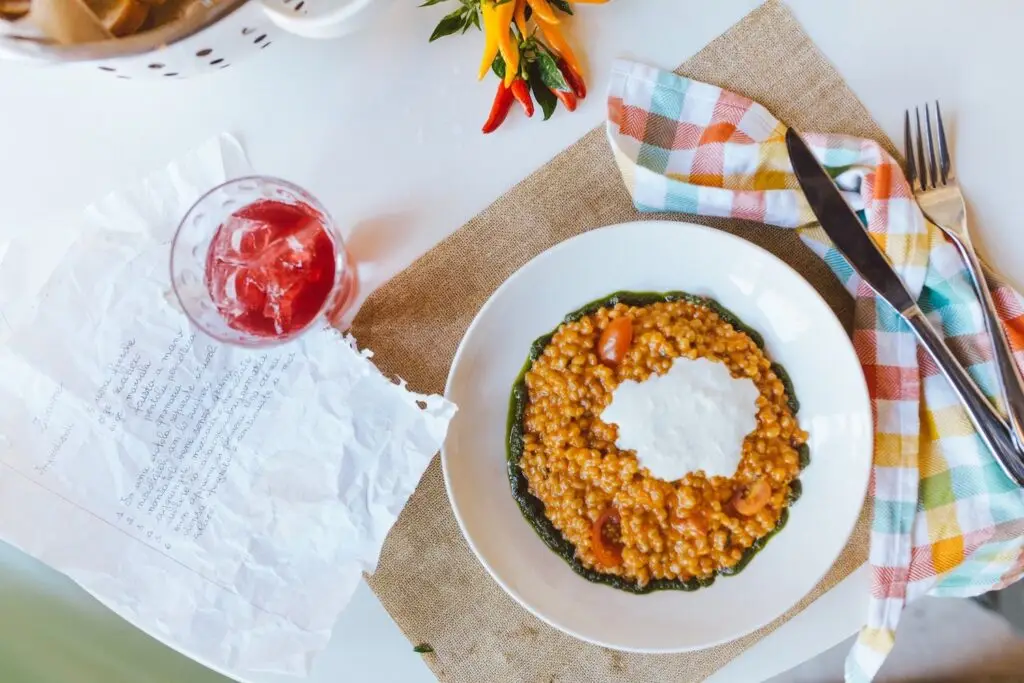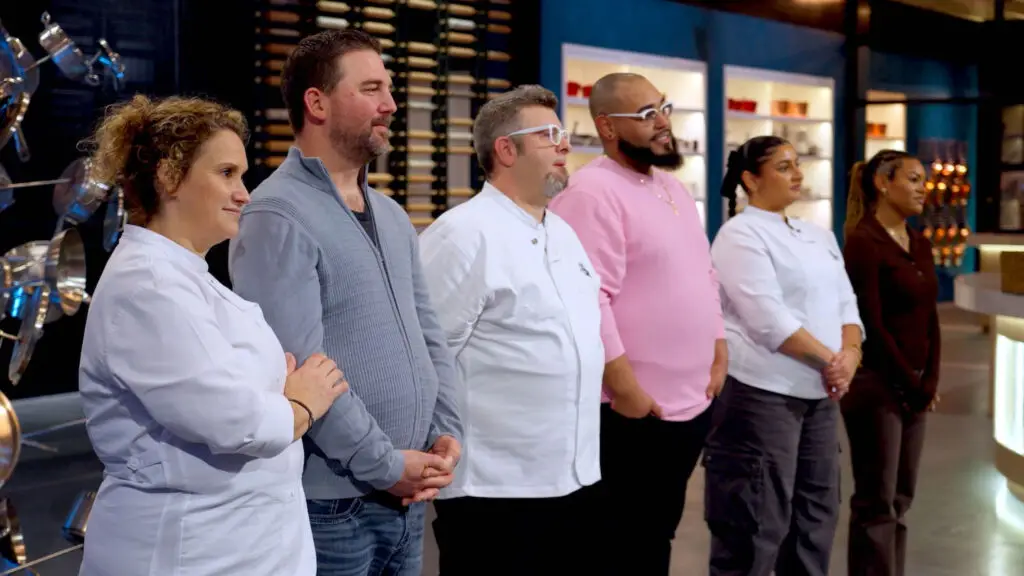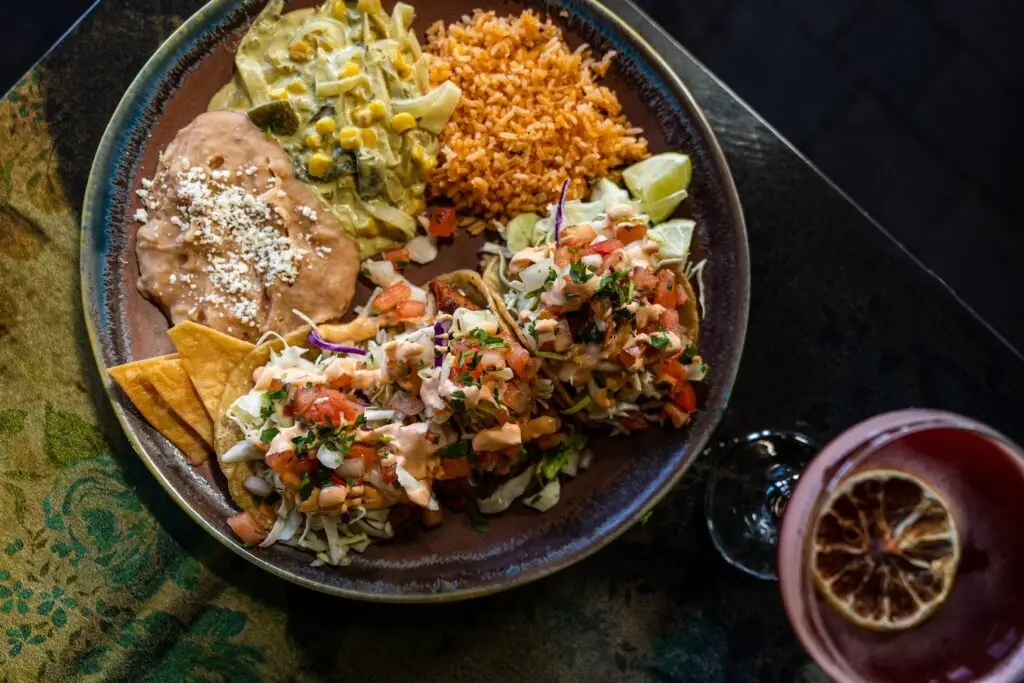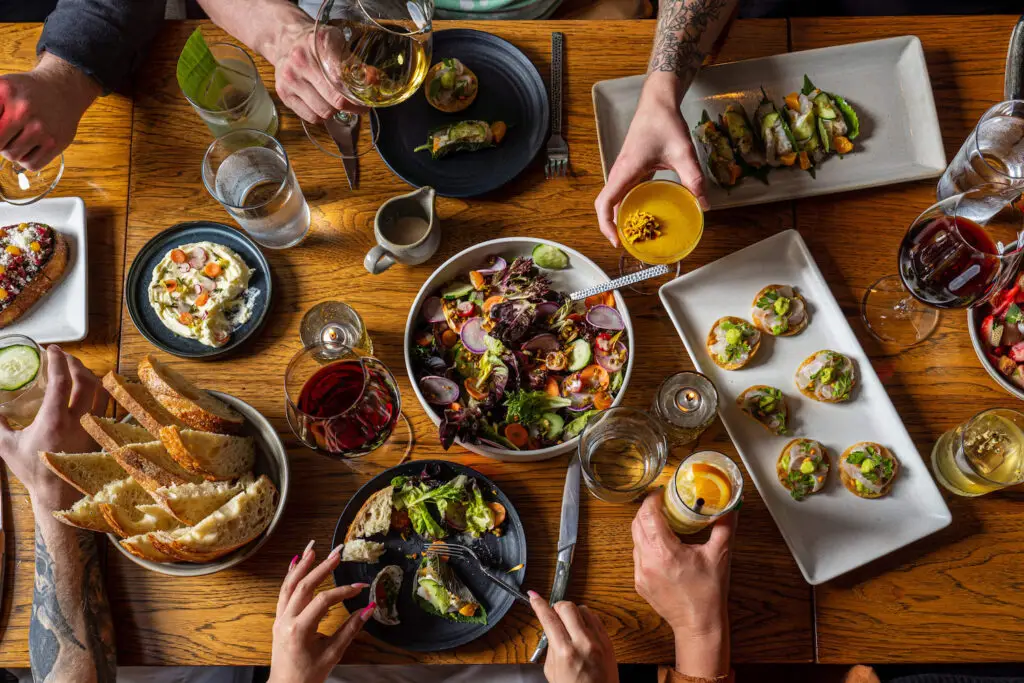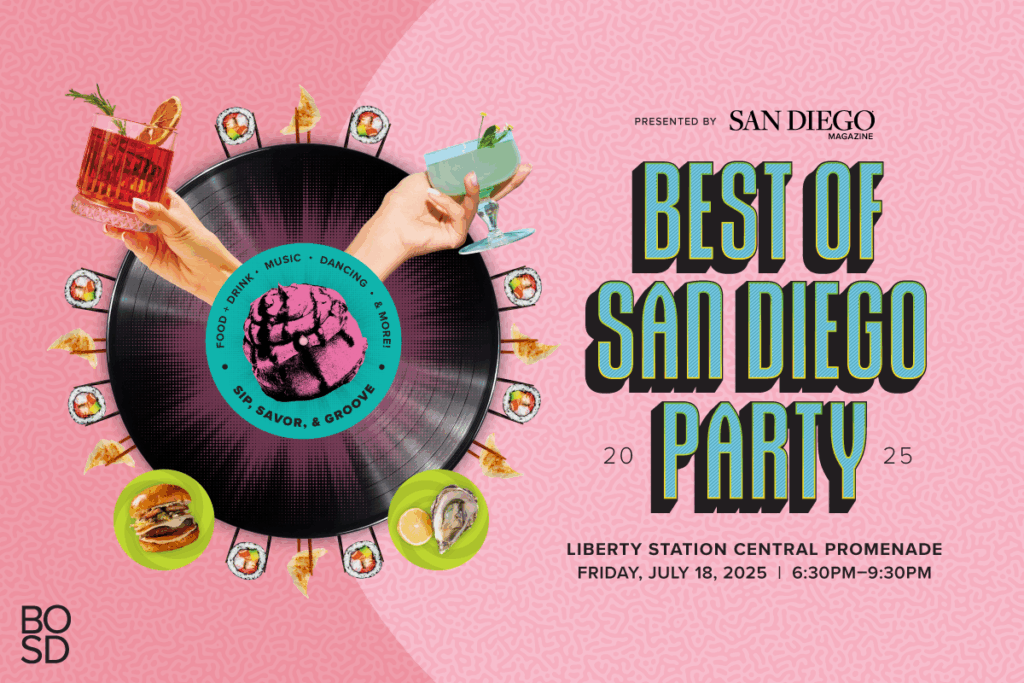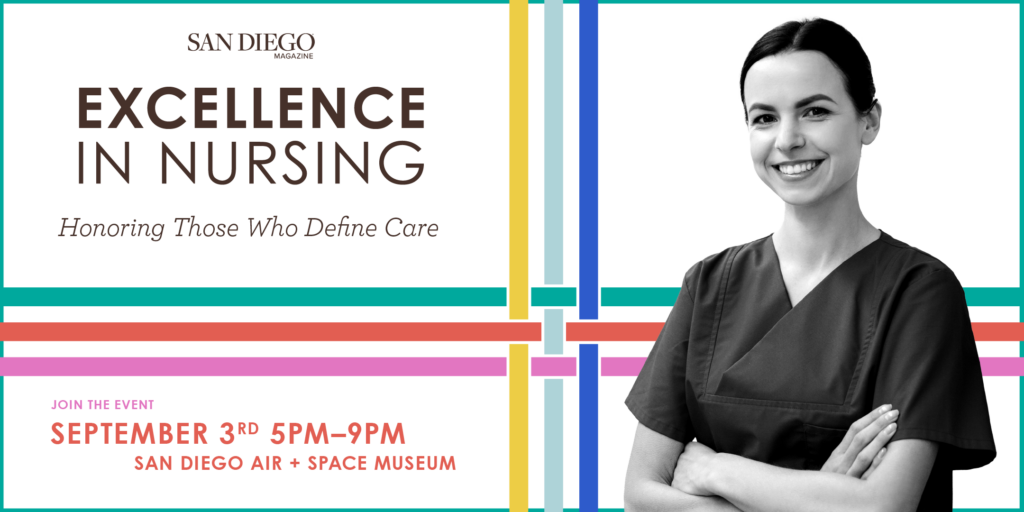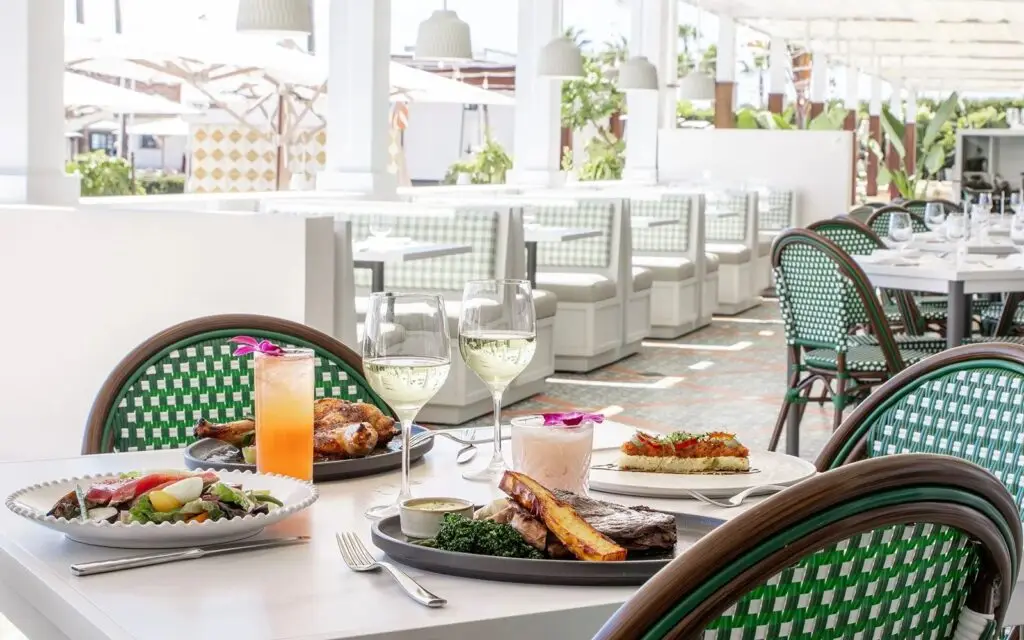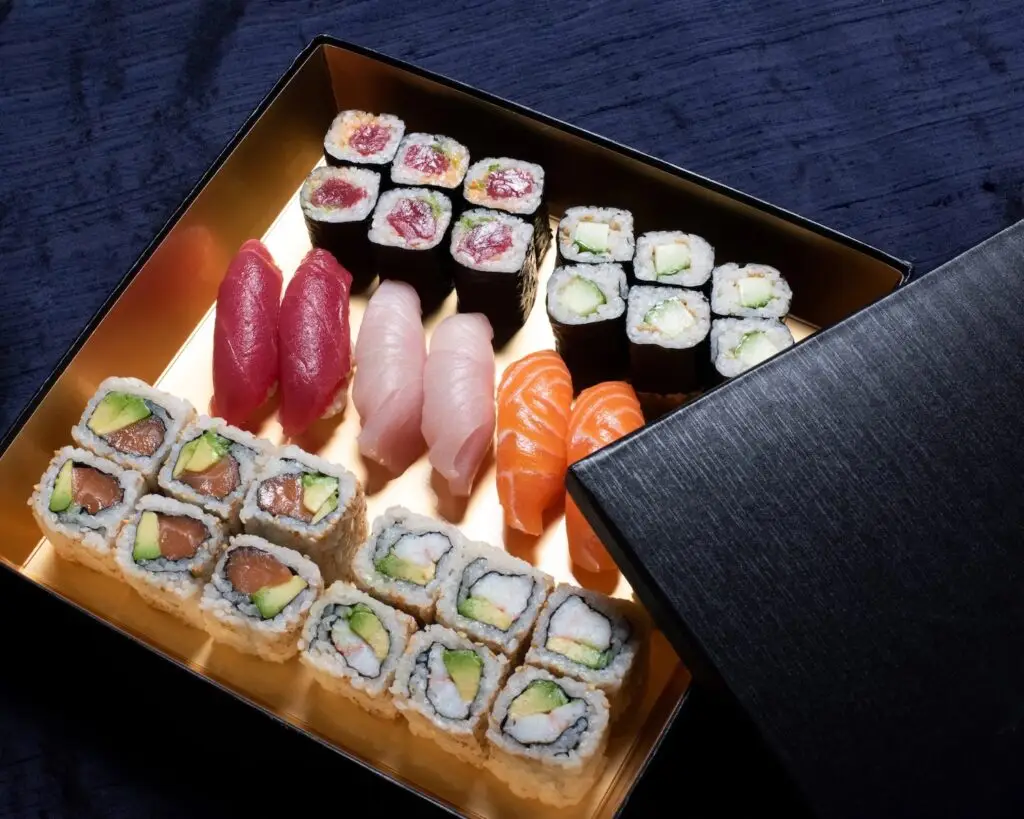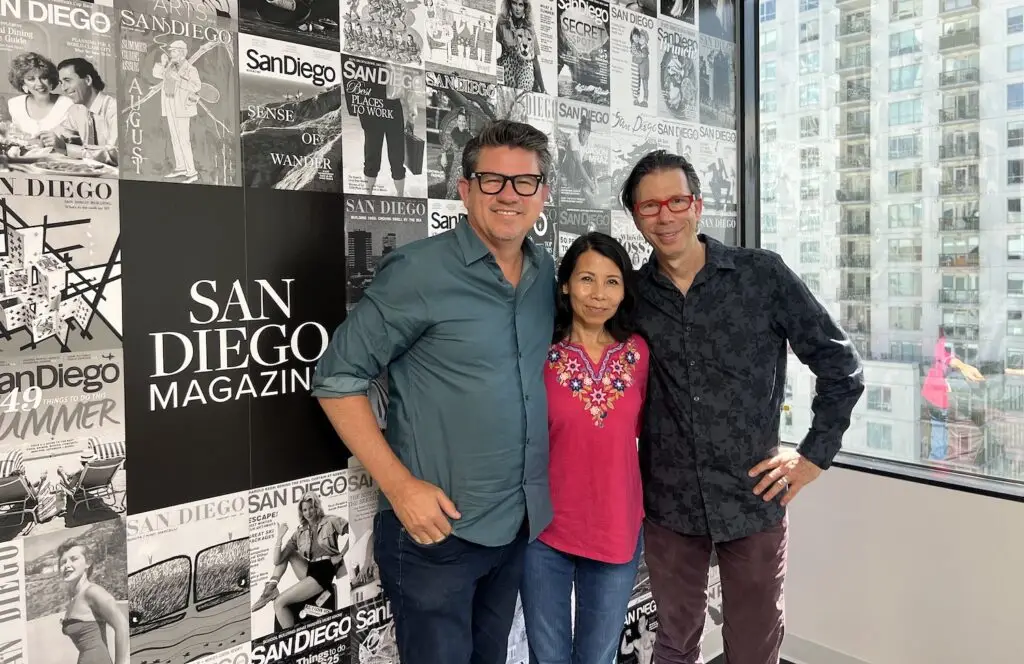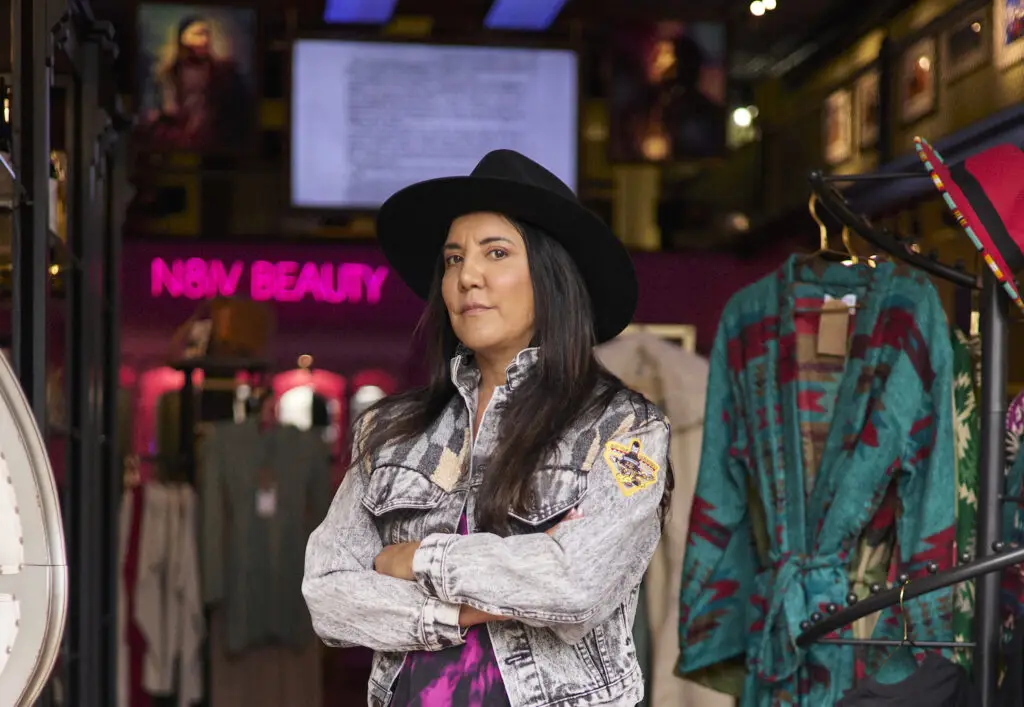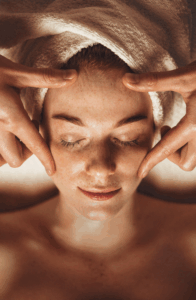SDM: You say that the answer to illness does not lie in a pill. Really? Advil doesn’t cure all?
KC: In neurology, if there is an answer, you’re going find it in my prescription pad somehow. That’s pretty convenient until you yourself become a patient. I started getting migraine headaches. But, as I tried the medications, I was having side effects. I didn’t just wake up one day with migraine headaches. There was a story that got me to that. I was fatigued, I wasn’t thinking clearly, my digestion was completely off. I started changing what I was eating, things I was doing on a daily basis, and my headaches not only went away, my energy went up. When we give our patients just a pill to get rid of a symptom, we’re actually depriving them of an opportunity of fixing even more.
SDM: So how do we integrate that into today’s traditional medicial system?
KC: The medical system is great at acute stuff. If my guts suddenly rip out onto the floor, medicine is fantastic. We’re really good at that. But for chronic stuff, forget about it! It’s just a disaster. It’s a system that is incomplete.
SDM: Do you think people just want a quick fix?
KC: That’s a generational myth. I think young moms in particular are ridiculously proactive. They’re like, “I don’t want my kids on all of these antibiotics,” because they are going kill off their gut bacteria. This is fantastic. And I have a lot of people who are in the prime of their life, 40s and 50s, who are doing well in their industry and saying, “I want 20 more years of this. I want to be sharp.”
SDM: Wellness is a buzzword. What does it mean to you?
KC: It is not destination. It is a journey. When you’re really sick, you have one idea of what wellness is. For somebody who has migraine headaches like myself, for example, all I wanted to be was headache-free. And to me, that was being well. Once you get there, you suddenly have a whole new platform from which you can view your goals. Wellness to me is like a moving target.
SDM: Let’s talk about two more buzzwords—stress and sleep.
KC: Start with very small steps. People look at stress as, “This person here is stressing me out. You get rid of the person over here, and I’m not going to be stressed.” I look at stress as more of a biochemical event. Your diet contributes to it. Your sleep habits contribute to it, your exercise routine, whether you meditate or not. Maybe you can’t change your boss, or the fact that you have a loved one who’s sick. But you can change what you’re putting into your mouth. People don’t realize that the foods you eat can stress you out, and it can interrupt sleep.
SDM: What kind of foods stress you out?
KC: Artificial anything, preservatives, any of the artificial sweeteners are really horrible. Foods that are really high in sugar drain your system.
SDM: What are some healthy ways to reduce stress?
KC: Start with reducing your coffee intake, which increases your cortisol levels, reducing your soda intake, making sure you’re eating lunch, which is a meal that is really important in terms of determining your energy levels for the second half of the day. Same for sleep. Start waking up 30 minutes earlier, and going to bed 30 minutes earlier. Do that for two weeks. Then wake up another 30 minutes earlier; go to bed another 30 minutes earlier, for another two weeks. In America, we’re all about the big. We underestimate the value of really small consistent steps in the direction of our goal. As soon as you get close to your goal, you’re going to have another one anyway. It’s not a rush.
SDM: Do you agree with what Dr. Oz’ “Head Space Guy” says about meditation? He recommends meditation for every single day. You start out at 10 minutes, and then increase to 20.
KC: I don’t even understand how people are surviving today without meditation. It should be a part of everybody’s heath insurance that they’re given meditation. My mom taught me to start meditating when I was nine years old, for short periods. If I had to look back at the most important single event of my life, I would say that it would be learning meditation at that age.
SDM: We talk about a lot of doctors in this issue. What can we all do to have a better relationship with our doctors?
KC: I enjoy when patients interact with me and challenge beliefs and ask questions, like, “Why are we doing it, what are some of the other options?” I realize that’s not the case for most doctors. My favorite patient to this day was an investment banker who was diagnosed with MS. She came in with all of the research studies in a binder, and said, “I’ve been to 14 neurologists, you’re number 15, number 16 is scheduled for next week.” This was somebody who understood that this was really her responsibility. I’m there to guide her, but her body is ultimately her responsibility. Most patients haven’t engaged in communication with their doctors. They’re so afraid of even contradicting them.
SDM: With electronic records, it seems like our relationships with docs are changing. What’s the future hold?
KC: We’re swinging the pendulum in one direction: Everything is technical, and everything is computerized. I think that one of the big trends over the next one to two decades on a managed care level is that we’re going realize that lifestyle is important. The next realization is going to be that change can’t happen without human interaction. And so, I think that we are going to either evolve to a level of documentation that is like verbally recording or something, that still allows us to interact with our patients, or we’re going to really reconsider our current system and say “this is not working.” The doctors have to have a human relationship with their patients, and that’s not going to occur if they are just staring at a screen.
SDM: What’s your daily routine like in terms of diet and exercise?
KC: I wake up between 4:30 a.m. and 5 a.m. I can’t remember the last time I’ve used an alarm clock, and it’s just because I’m not tired. The first thing I do is take my herbs. Then I meditate for about an hour in the morning. I take my shower. If I have time, I’ll get a really quick workout on the elliptical machine for 10 minutes. Then I get my very simple breakfast. I make my lunch the night before in a slow cooker. It’s usually some kind of lentil that I cook overnight. I’ll see patients from 9 a.m. to about 4 p.m. And at lunch, I spend a lot of time with my food and eating in a quiet environment. I take a 20-minute nap after I eat, almost every single day. Even if I don’t fall asleep, I lie down after lunch, just so that my body relaxes. I work until 4 p.m. and then I go and pick up my son from school. We eat early; 6 p.m. would be the latest. Then I spend some time with my son. I do some evening meditation. He usually falls asleep in my lap when we’re doing evening meditation. Then, I go to sleep by 9 p.m. at the latest.
SDM: What foods should we all be eating?
KC: Turmeric. Everyone should be cooking with turmeric. If you can’t cook with it, just take it as a pill. Cumin powder, coriander powder, and fennel powder, if you have any digestive problems at all. Ginger also is so good for digestion. Most of our problems today are linked to digestion. Instead of using iodized table salts, switching to Himalayan sea salt, which is healthier. Switching refined white sugar to organic coconut palm sugar is far less inflammatory, and so much tastier. And then… water! People don’t drink water. If people come over and ask what do we have to drink, I say, “Oh, we have water. That’s what human beings drink!” To help with food cravings, one of the first things to do is to drink water! You’re probably just thirsty.
SDM: Is 30 minutes of walking several times a week enough to be healthy?
KC: Thirty minutes is more than enough, but it’s not enough to counteract really horrible dietary habits. So it’s not like, “I’m going go to McDonald’s, I’m going drink a Big Gulp, but I’m walking 30 minutes a day, so hey, that’s enough.” I do less than 30 minutes a day, but that’s because I’m doing a lot in terms of my diet and my stress.
SDM: What about the 10,000 steps a day rule?
KC: The reason why we have to exercise so much is because so many of our other habits are so extreme. There’s a middle ground here. People have a harder time changing their diet first. They think it will be easier to move, but there really is no amount of movement that counteracts what you’re doing in terms of your diet.
SDM: So you can’t exercise your way out of a bad diet?
KC: You can’t. You really just can’t.
SDM: What vitamins or supplements do you take?
KC: I don’t take vitamins. I take ayurvedic supplements, including ashwaganda, an ayurvedic herb for chronic day-to-day stress, and triphala. It’s a combination of three berries that really helps to get rid of any toxin accumulation in your body in a gentle, daily way.
SDM: What are the advantages of living in a place like San Diego?
KC: Because I am so food-conscious, if I didn’t live in a place like San Diego, I would never eat out. There would just be no options for me. There wouldn’t be restaurants where I feel like I have any healthy [choices]. Just being able to be by the ocean and the sand is also so healing. Being in salt water is a treatment in itself, and it is walking distance from so many places in San Diego. In Encinitas, there are so many meditation communities. It’s really hard to throw a rock in San Diego and not hit a yoga studio.
SDM: What are your favorite restaurants?
KC: Native Foods, which is great for people like me who are 90 percent vegan. Veggie Grill for the same reason. Even Burger Lounge, for example. They have an organic quinoa burger. True Food Kitchen. I can go to those places, and safely feel, “I’m not going to be completely ill after this meal.”
SDM: And then the disadvantages—things like too much sun and a high cost of living?
KC: I think the biggest disadvantage is the traffic! Most people in San Diego commute at least 40 minutes a day. They’ve done studies that traffic in itself is a risk factor for disease. It’s just not healthy to be sitting and that stressed out twice a day.
SDM: And … Doctor OZ! What’s that relationship entail and what is he like?
KC: He has this certain intensity, and he’s so comfortable with sharing the stage. You don’t get the sense that he is trying to be the star. He’s very interested in educating people, and doesn’t come off as, “I already know this, I’m smarter than you.” There’s a level of thoughtfulness that only happens when you truly care about other human beings.
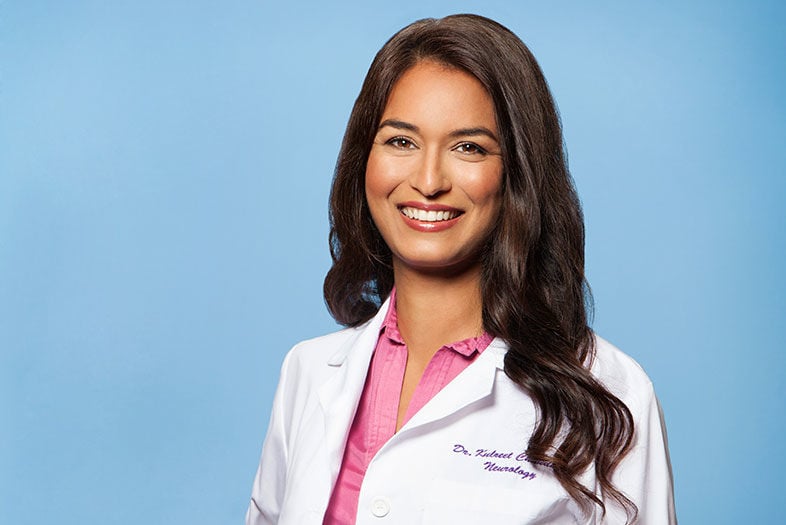
Top Docs 2014: Dr Kulreet Chaudhary
PARTNER CONTENT
Photography by Jen & Bec
